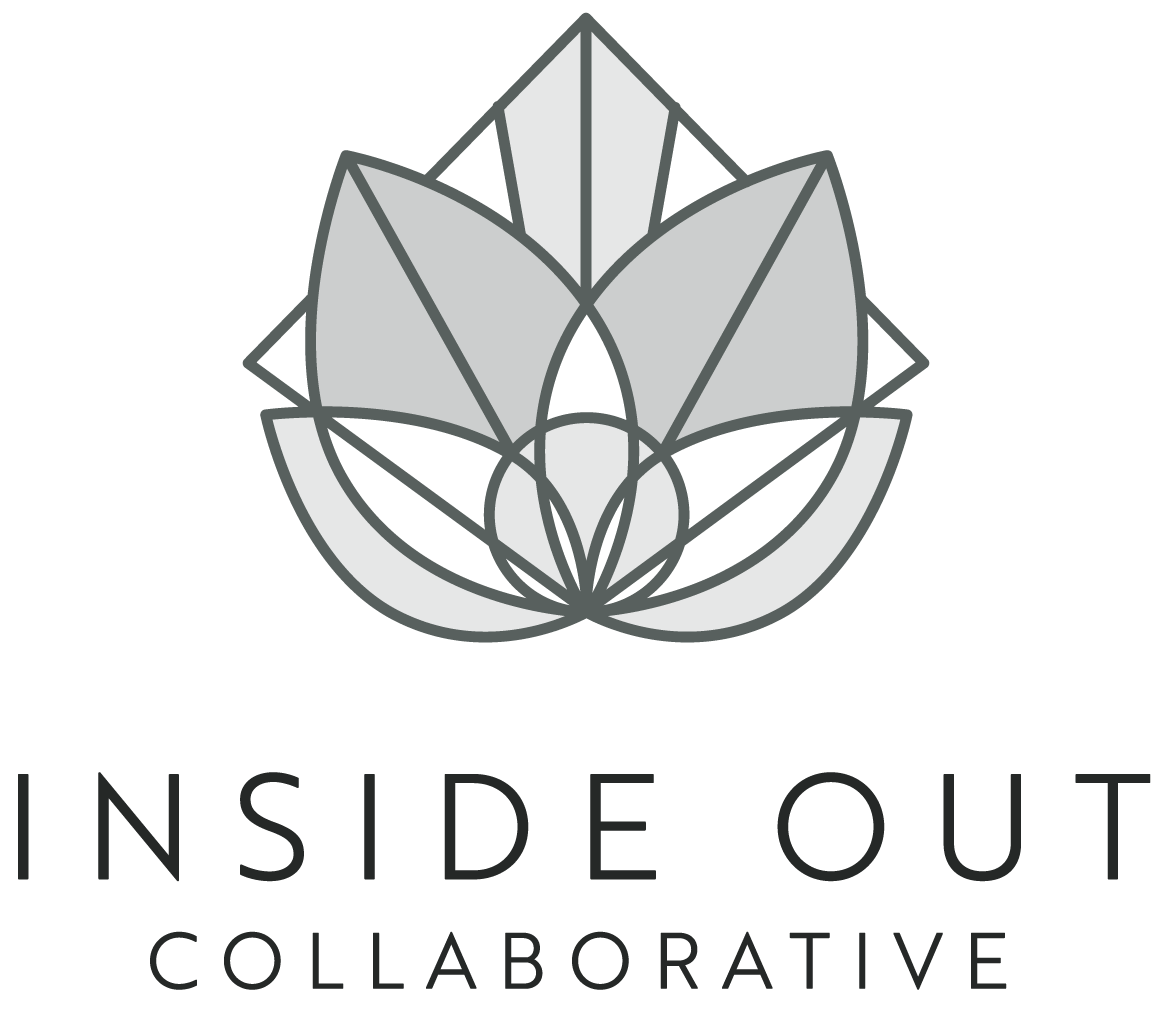Learning To Tell The Whole Story
“You can be freed from the responsibility you took on that wasn’t yours…
You can stop punishing yourself for it.”
-Eden Hyder, MA, LPC
As a child, you tell yourself the story that preserves your sense of safety: my parents are good and have it all under control. Safety is a primitive, inherent need you have and your growth as a child depends on it. You're completely dependent on your parents and if they weren't good enough and couldn't provide this sense of safety, the fear would capsize your child self and stunt your emotional and interpersonal development.
So, yes, to avoid capsizing, you tell yourself the story that Mom yelled at you because you didn't put the laundry away fast enough. That your Uncle touched you because you somehow communicated you wanted it. That the other kids don't talk to you because you're not as pretty.
These stories preserve the world around you and grant you a sense of control. You were the reason it happened, and you can do better next time. You are bad. They are good. A negative belief about yourself is born. And so, you live into your world bound by a narrative laced with the negative beliefs you constructed to survive your childhood.
AND SO, YOU LIVE INTO YOUR WORLD
BOUND BY A NARRATIVE
LACED WITH THE NEGATIVE BELIEFS YOU CONSTRUCTED
TO SURVIVE YOUR CHILDHOOD.
But now you've survived, and it's time to tell the whole story.
As you grow up into adulthood, you need the whole story to be told. The narrative you created to survive is now keeping you from living the life you want. Those negative beliefs pollute and complicate your life. You can be freed from the responsibility you took on that wasn't yours. You can stop punishing yourself for it.
In sessions, I will wonder with you about what the real, whole story might be. I will challenge your beliefs of being responsible and being bad. When I see you acting out of the old story of preservation, I will gently remind you, "Tell the whole story."

